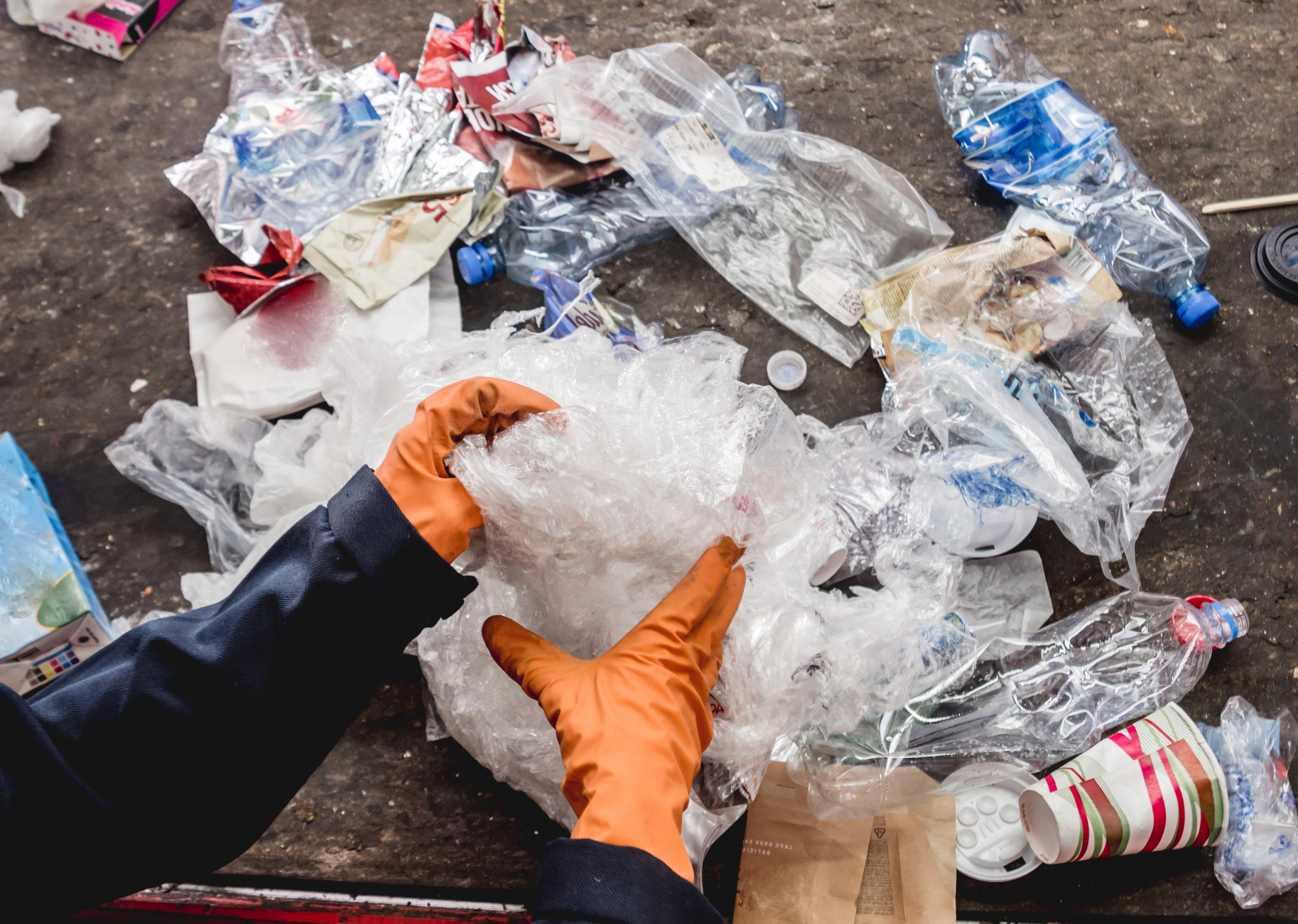The Alliance to End Plastic Waste says a Pennsylvania recycling plant, which will convert hard-to-recycle plastic waste into a concrete additive for building and construction applications, should be fully operational early next year.
The alliance, a global non-profit organization based in Singapore, will be working with the Center for Regenerative Design and Collaboration Global (CRDC) to run the 14,000-square-foot plant.
“The plant accepts all types of mixed plastics—including films and flexibles, industrial scrap, and household waste—that would otherwise be sent to a landfill or incinerated,” Tania Tan, a spokesperson for the alliance, says. “The partnership between the alliance and CRDC will help to create value for hard-to-recycle plastic waste by turning it into a useful concrete additive.”
The additive called RESIN8 is one of many solutions required to tackle the issue of plastic waste, Tan adds. RESIN8, which was developed by CRDC, can be used for numerous applications, including concrete blocks and pavers, pre-cast concrete, and poured-in-place concrete. The plant is just outside of the city of York, which is in south-central Pennsylvania.
The collaboration means that CRDC is expanding its footprint in North America while simultaneously scaling up its existing production plant in Costa Rica, where CRDC is based. The South America facility will go from small-scale commercial production to full-scale commercial capacity of 90 tons per day when fully operational by mid-2022. Combined, the two facilities will be able to process up to 24,000 metric tons of plastic waste per year.
RESIN8 is up to 15% lighter or stronger than traditional products, depending on its usage, with up to 20% better insulation properties than traditional concrete. It has been used by Habitat for Humanity to build housing in Latin America, the organizations say.
“RESIN8 was designed by and for the construction industry as a functional step toward net-zero,” says Donald Thomson, chairman and founder of CRDC. “We spent years on research and development to ensure we have a process that can be rapidly scaled to help resolve the waste plastic dilemma.”
Founded in 2018, CRDC Global also has operations in South Africa, the United Kingdom, Australia, Mexico, New Zealand, Hong Kong, and Samoa, according to its website.
The partnership is part of the alliance’s mission to end plastic waste in the environment by finding viable solutions to advance a circular economy and ensuring their ability to scale for impact, says Jacob Duer, president and CEO of the Alliance to End Plastic Waste. “Together with CRDC, we can help drive environmental, economic, and social value for hard-to-recycle plastics,” Duer says.
The alliance has more than 80 members that include several members of the Flexible Packaging Association, such as Amcor, Berry Global, Charter Next Generation, Henkel Corporation, Novolex, Pregis, Sealed Air Corporation, Dow, and ExxonMobil Chemical Company, as well as Shell, and other national and international companies, according to its website at endplasticwaste.org.
CRDC also works with Georgia-Pacific Recycling, a global recycling company that diverts paper, plastic, and metal from landfills. Marc Forman, president of Georgia-Pacific Recycling, says RESIN8 has potential. “We are glad to see innovative solutions like RESIN8 move forward to help improve reuse of plastic waste,” Forman says. “We welcome the opportunity to work with this unique effort to produce building materials from mixed, hard-to-recycle plastic waste, and we’re looking forward to helping CRDC scale this initiative in the U.S.”
Thomas A. Barstow is senior editor of FlexPack VOICE.®
